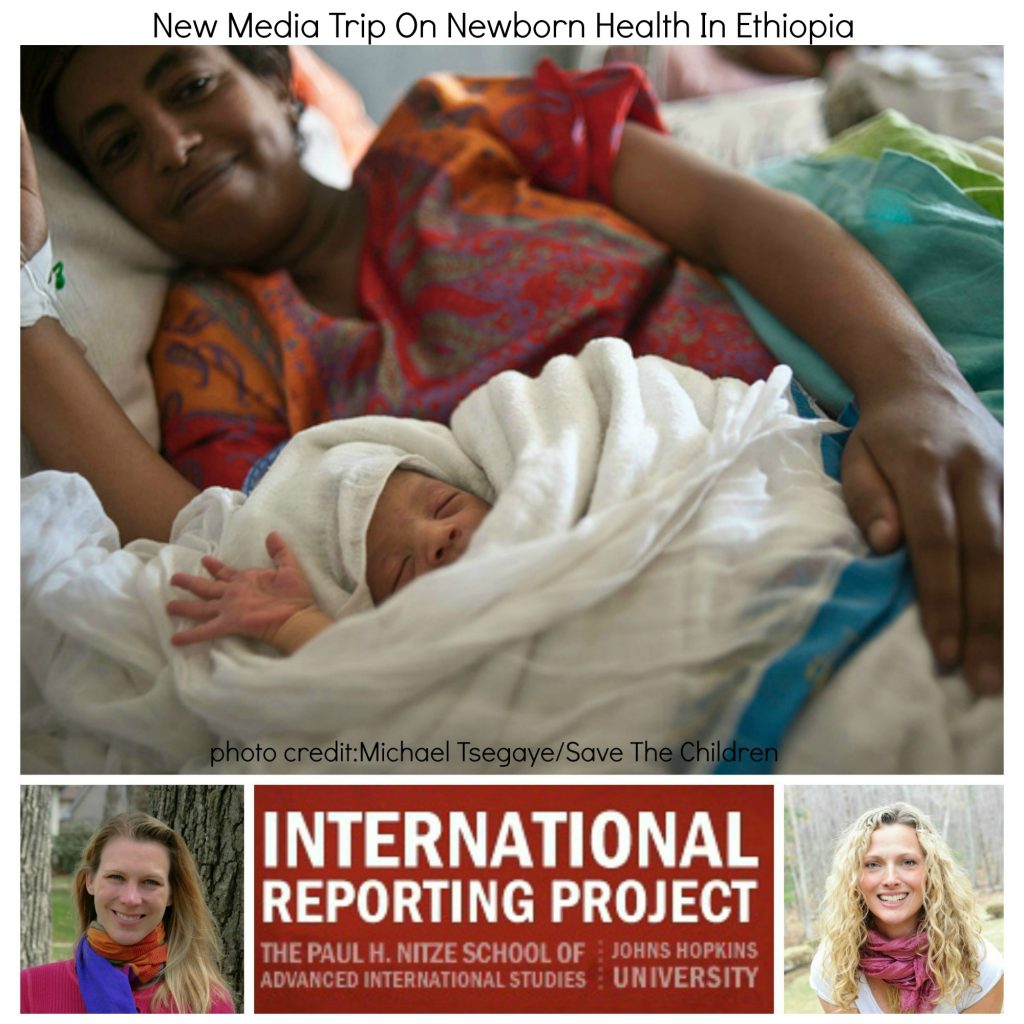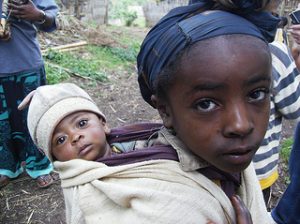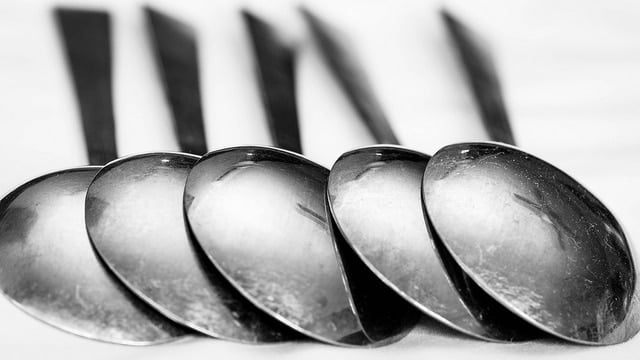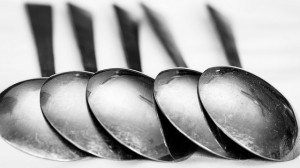
by Susie Newday (Israel) | Jun 4, 2014 | 2014, Inspirational, Israel, Parenting, World Motherhood

Without exception, every living and breathing person needs love. (Duh….)
Obviously, we each have our own unique ways of expressing love and of feeling loved, but I find it amazing that babies, children and adults all have the same universal yearning and desire to feel loved. (In case anyone is interested in figuring out how they express and receive love, this is a great resource.)
The poem below is very personal and from the heart. I’m sharing it because only after I wrote it did I realize that the way I wrote my prayer/request for love, it’s really applicable for everybody not just me. Babies don’t know how to put into words what they need, but they need to be loved in all those ways. The same goes for kids, teens, adults and old people.
I’m sharing this in the hope that next time one of us has no patience for someone else, or someone is upset with someone else that we can maybe just take a moment and remember that in each of our actions is a plea for love.
Do you know how to recognize a request for love? Do you know how to ask for love?
Love Me
Love me tender
don’t hurt my soul
Love me gently
Don’t let me go
Love me unconditionally
make me feel safe
Love me intensely
help me believe in me
Love me compassionately
put your hand in mine
Love me fully
give me your attention & time
Love me sincerely
without a hesitation and doubt
Love me kindly
make me feel cherished & loved
Please be love*
so that I may learn from you
Love me like no other
and may our paths never part
*Be love as opposed to “to love”. When we are beings of love, we treat everyone including ourselves better.
This is an original post to World Moms Blog by our contributor, Susie Newday in Israel. You can find her on her blog New Day New Lesson.
Photo credits to the author.
Susie Newday is a happily-married American-born Israeli mother of five. She is an oncology nurse, blogger and avid amateur photographer.
Most importantly, Susie is a happily married mother of five amazing kids from age 8-24 and soon to be a mother in law. (Which also makes her a chef, maid, tutor, chauffeur, launderer...) Susie's blog, New Day, New Lesson, is her attempt to help others and herself view the lessons life hands all of us in a positive light. She will also be the first to admit that blogging is great free therapy as well. Susie's hope for the world? Increasing kindness, tolerance and love.
You can also follow her Facebook page New Day, New Lesson where she posts her unique photos with quotes as well as gift ideas.
More Posts - Website
Follow Me:






by Nicole Melancon (USA) | Jun 3, 2014 | Africa, Babies, Ethiopia, Social Good, World Voice

We have exciting news at World Moms Blog! Two World Moms Blog Editors, myself and Elizabeth Atalay, have been selected to travel to Ethiopia this June as New Media journalism fellows with The International Reporting Project (IRP). Last April, World Moms Blog Senior Editor Purnima Ramakrishnan of India was a fellow on the IRP’s Brazil trip where she reported on the reduction of poverty and hunger in Brazil, and how it has embraced the Millennium Development Goals to improve the lives of its citizens.
The International Reporting Project (IRP) is based at The Paul H. Nitze School of Advanced International Studies (SAIS) of the John Hopkins University and the primary goal of the IRP is to provide journalists with the opportunity to report internationally on issues not traditionally covered in mainstream media.
The program was created in 1998, making it a pioneer in the “nonprofit journalism” movement that seeks to fill the gap left by much of the mainstream media’s reduction of international news. The IRP has provided opportunities to more than 400 journalists to report from more than 100 countries and produce award-winning stories.

Photo credit: IRP
Elizabeth and I will be two of nine new media journalist fellows heading for a two-week trip to Ethiopia to report on Ethiopia’s efforts to prevent newborn deaths as well as provide an overview of maternal and child health, immunizations, nutrition, communicable diseases, and health care provision, among other topics.
One of the areas that I am most excited to learn about is how Ethiopia, one of the poorest countries in Africa, has stunned the world community by achieving Millennium Development Goal number #4 reducing the mortality rates of children under age 5 by two-thirds well ahead of the 2015 deadline.
In a country in which 95% of the population lives outside of an urban center in rural, remote and hard to reach areas and a shocking 90% of women birth at home without a midwife, Frontline Health Care Workers (FHCW) have been the key ingredient to Ethiopia’s success. I am really excited to meet some of these workers and mothers and share their stories. I am sure it will be a life-changing experience.
While in Ethiopia, I will examine Ethiopia’s political, historical, socio-economic and cultural dynamics to report on this misunderstood country, setting the stage to shed light on the massive effort introduced by the Ethiopian government to achieve MDG4 and what the impact has been on other critical areas such as newborn and maternal health, poverty, and other Millennium Development Goals.
Elizabeth is looking forward to seeing first hand and reporting on maternal and newborn health issues, and solutions in Ethiopia that she has previously only written about. There is great optimism coming out of Ethiopia these days and with the success of decreased maternal and child mortality, the next frontier to conquer is survival of newborns. More than half of the child deaths that do still occur take place in that first year of life, the first 24 hours being most critical. Newborn survival is closely tied to maternal health so issues around safe birth and postpartum care, and addressing uncomfortable issues such as fistula are topics she also hopes to report on.
As one of the most diverse populations in the world with over 83 distinct languages and 200 dialects, Ethiopia shares a unique history, society, culture, environment, economy and governance that is unlike her neighbors. We are honored to have been selected as new media reporting fellows for this trip to Ethiopia, and look forward to sharing our newfound knowledge with you during our upcoming trip.
We would love for you to follow along our journey at #EthiopiaNewborns !
This is an original post written for World Moms Blog by Nicole Melancon of Third Eye Mom.

Third Eye Mom is a stay-at-home mom living in Minneapolis, Minnesota with her two children Max (6) and Sophia (4). Her children keep her continually busy and she is constantly amazed by the imagination, energy and joy of life that they possess! A world wanderer at heart, she has also been fortunate to have visited over 30 countries by either traveling, working, studying or volunteering and she continues to keep on the traveling path.
A graduate of French and International Relations from the University of Wisconsin Madison, where she met her husband Paul, she has always been a Midwest gal living in Minnesota, Wisconsin and Chicago. This adventurous mom loves to be outside doing anything athletic (hiking, running, biking, skiing, snowshoeing or simply enjoying nature), to travel and volunteer abroad, to write, and to spend time with her beloved family and friends.
Her latest venture involves her dream to raise enough money on her own to build and open a brand-new school in rural Nepal, and to teach her children to live compassionately, open-minded lives that understand different cultures and the importance of giving back to those in need. Third Eye Mom believes strongly in the value of making a difference in the world, no matter how small it may be. If there is a will, there is a way, and that anything is possible (as long as you set your heart and mind to it!).
Visit her on her blog, Thirdeyemom, where she writes about her travels and experiences in other lands!
More Posts

by Olga Mecking | Jun 2, 2014 | 2014, Awareness, Being Thankful, Child Care, Health, Kids, Life Balance, Maternal Health, Me-Time, Motherhood, Netherlands, Parenting, World Motherhood, Younger Children
 Recently, I’ve been reading about the Spoon Theory (also sometimes called the token theory). The idea is that we’re all given a certain amount of spoons (or tokens) each day—metaphorically of course–to spend on all the things that we need to get done during the day.
Recently, I’ve been reading about the Spoon Theory (also sometimes called the token theory). The idea is that we’re all given a certain amount of spoons (or tokens) each day—metaphorically of course–to spend on all the things that we need to get done during the day.
It is usually applied to explain disabilities or chronic illnesses, which often can’t be seen but still make people’s lives difficult (like Lupus, Chronic Pain or Aspbergers). But I actually think that, without dismissing the experiences of these people, the spoon theory also can be expanded to include moms.
Just think of all the things you have to do during the day, and then imagine doing them without children. You wouldn’t even have to think when you got dressed in the morning. Eating breakfast would be simple and effortless. You’d be able to get out of the house in a matter of minutes and you might even be able to get places on time.
When you’re a mom, suddenly everything takes more time. You don’t only have to make breakfast for yourself, you make it for one, two, three, or more people. Here go three spoons- and I don’t mean the ones you use to eat breakfast.
You want to get out of the house. You put your coat on, your children’s coats on. Your price in spoons depends on the amount of children you have and the season- less children cost less spoons, winter is more expensive than summer.
Whatever you do, whether you are a working mom or a SAHM, you likely will be out of spoons by the end of the day. Some days are better and you may even have a few spoons left. Some days are horrible and you run out of spoons before noon. The unexpected temper tantrum costs a spoon or three. Taking your child to the hospital because he’s sick is another five spoons.
Remember, you only get a certain amount of spoons per day and that amount is limited. You can borrow the spoons from the next day but that could be the very day your child gets sick or when she decides that from now on, she will absolutely refuse to do whatever you ask her to do.
But not all moms are given equal amounts of spoons. Some have less than others. These are the moms who have disabled children. These are single moms with two jobs and no support. These are the moms all over the world living in poverty. They struggle every day to provide the best for their children. Yes, parenting under such circumstances is definitely more spoon-costly.
But it isn’t easy even for a family without such challenges. So what can we do? Spend our spoons wisely. Prioritize.
For example, in my case, perfectly folded laundry isn’t worth a spoon but a nicely prepared dinner most definitely is. We can try to replenish our spoons by getting some me-time. We can remember to sleep. We can get help- whether it’s from family, friends or childcare.
These are the things we can do for ourselves. But there are also things we can do for others. When thinking about how to spend your spoons or tokens, please set aside a certain amount for your fellow moms. You can do it by offering support. Offer a shoulder to cry on, extend your helping hand, say encouraging words.
It may seem like spending your own precious spoons but it is really a kind of investment. Because any price is easier to pay if everyone pitches in.
But, all economic and metaphorical imagery aside, I just want to point out the obvious: motherhood is hard. Let’s be kind to ourselves. And let’s help each other out.
Of course, we don’t really need such theories to explain how hard it it so be a mom. But I thought the spoon theory is a rather good way to illustrate the challenges of motherhood.
What are you thoughts on this? Is it helpful to think of your day in terms of having a limited number of spoons (or tokens) to spend?
This is an original post to World Moms Blog from our Polish writer in the Netherlands, Olga Mecking.
The image used in this post is credited to Nicki Mannix. It holds a Flickr Creative Commons attribution license.
Olga is a Polish woman living in the Netherlands with her German husband. She is a multilingual expat mom to three trilingual children (even though, theoretically, only one is trilingual since she's old enough to speak). She loves being an expat, exploring new cultures, learning languages, cooking and raising her children. Occasionally, Olga gives trainings in intercultural communication and works as a translator. Otherwise, you can find her sharing her experiences on her blog, The European Mama. Also take a while to visit her Facebook page .
More Posts - Website
Follow Me:



















